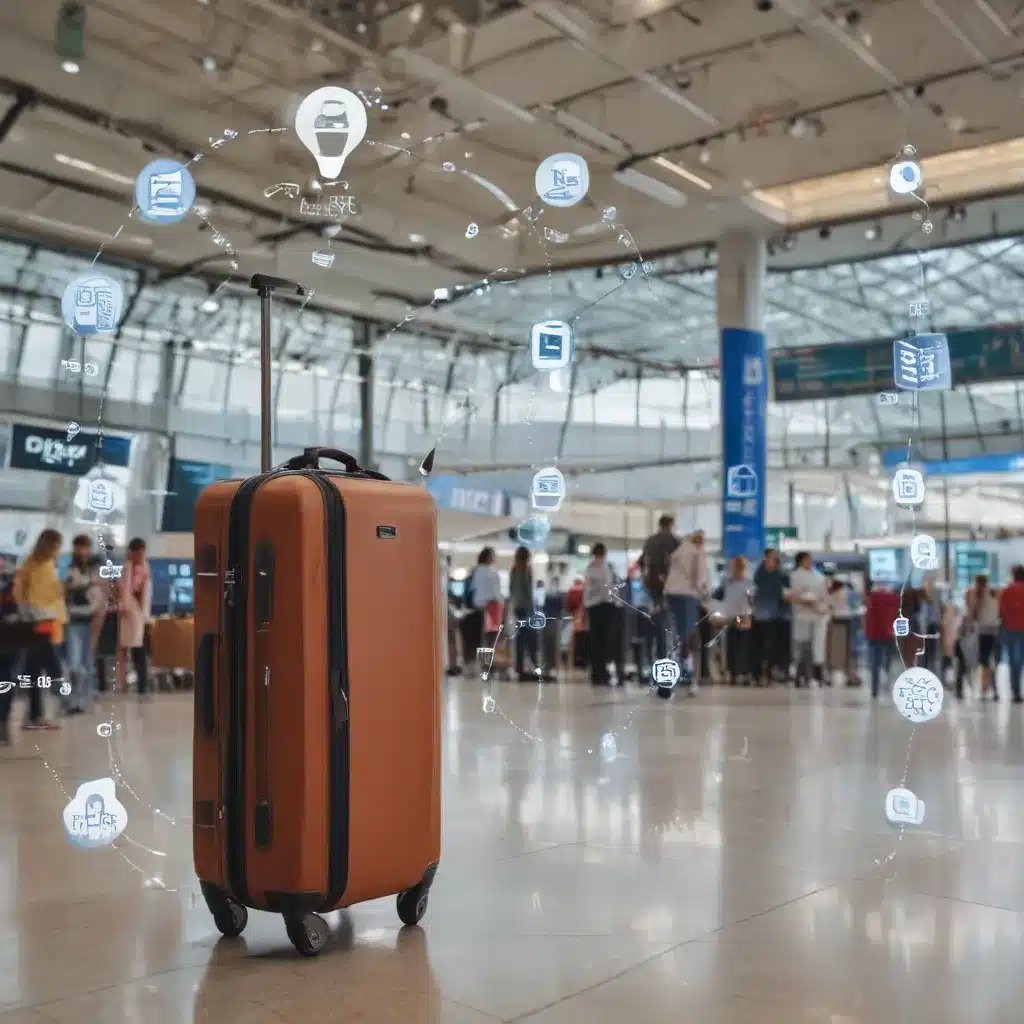Security Considerations For Remote Working in 2024
As remote working becomes more common, it’s important for companies to take steps to secure their data and systems. Here are some of the key security considerations I see for remote working in 2024:
Endpoint Security
With employees working from personal devices, endpoint security will be critical. Some recommendations:
- Require employees to use antivirus software and keep it updated. Provide corporate AV licenses if needed.
- Mandate full-disk encryption for any devices storing sensitive data.
- Employ mobile device management (MDM) to enforce security policies on endpoints.
- Use virtual desktop infrastructure (VDI) to keep corporate apps and data separate from personal devices.
“We need to shift our security strategy to focus more on endpoints now that the network perimeter has dissolved,” said Jane, CISO at ACME Corp.
Access Control and Authentication
Multi-factor authentication (MFA) should be required for all remote access to corporate apps and resources. Some options:
- Use MFA apps or security keys for cloud application access.
- Require MFA on virtual private network (VPN) connections.
- Employ biometrics like facial recognition where feasible.
Role-based access controls will also be important for limiting access to only what employees need.
Network Security
With more devices on home networks, Wi-Fi security becomes critical.
- Mandate WPA2 or WPA3 encryption on home Wi-Fi networks used for work.
- Employ virtual private networks (VPNs) to encrypt traffic between remote devices and corporate resources.
- Use cloud access security brokers (CASBs) to monitor shadow IT usage and enforce security policies.
Secure Collaboration Tools
Remote teams will rely heavily on collaboration tools in 2024.
- Evaluate tools like Slack, Zoom, and Microsoft Teams for security features like encryption and access controls.
- Classify data and ensure sensitive data is only shared through approved channels.
- Train employees on proper security protocols for communication tools.
Security Awareness Training
With the human element being a major attack vector, security awareness and training will be key for remote employees. Focus training on:
- Securing home networks and devices.
- Recognizing phishing and social engineering.
- Proper usage of collaboration tools.
- Reporting suspected security incidents.
Cloud-Based Security
Cloud-based security services will provide capabilities hard to match on-premises:
- Cloud access security brokers (CASBs) to monitor shadow IT usage.
- Cloud-based web gateways to filter malicious sites.
- Cloud firewalls and intrusion detection services.
The cloud will be pivotal for securing a remote workforce in 2024.
In summary, organizations must take a holistic approach to security for remote work in 2024. Technologies like endpoint protection, MFA, and VPNs provide security foundations, while cloud services and security awareness training fill remaining gaps. With proper planning, companies can keep data secure even with a distributed remote workforce.












